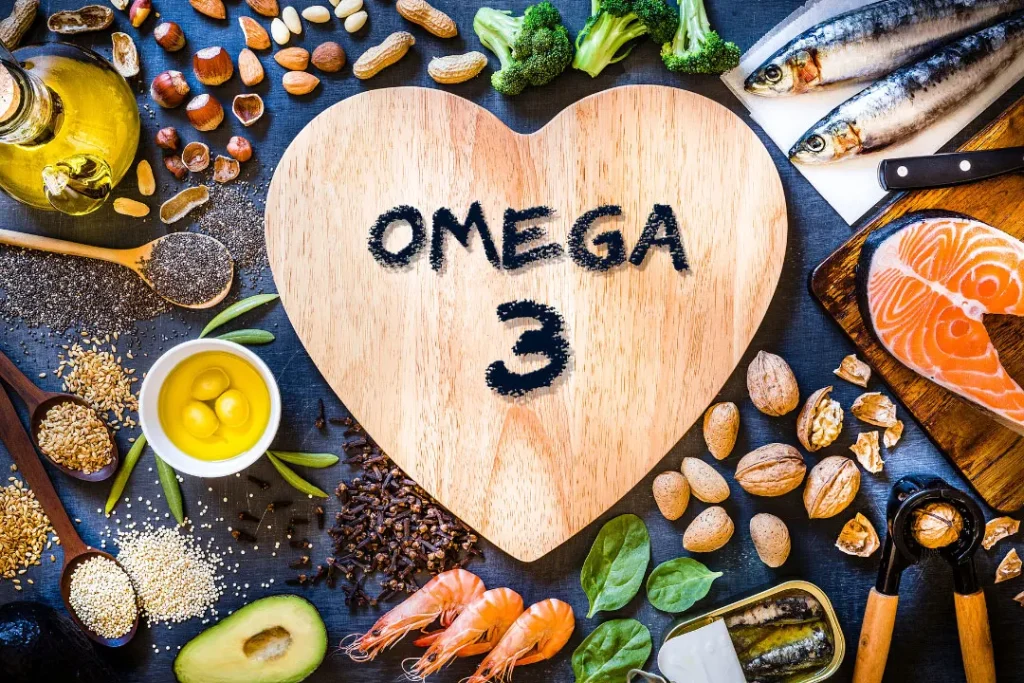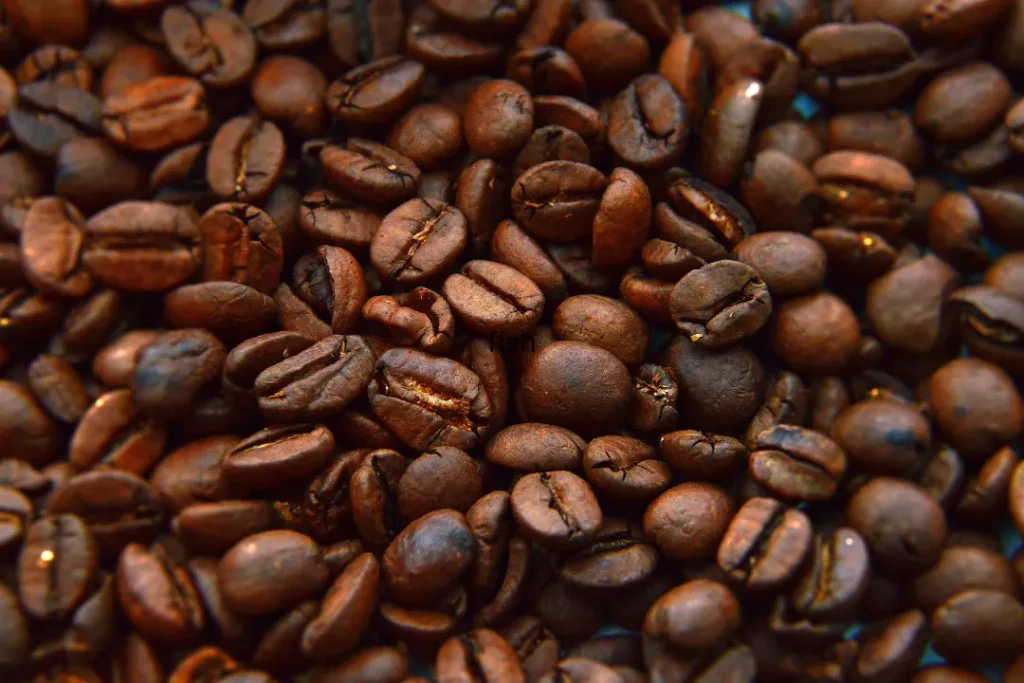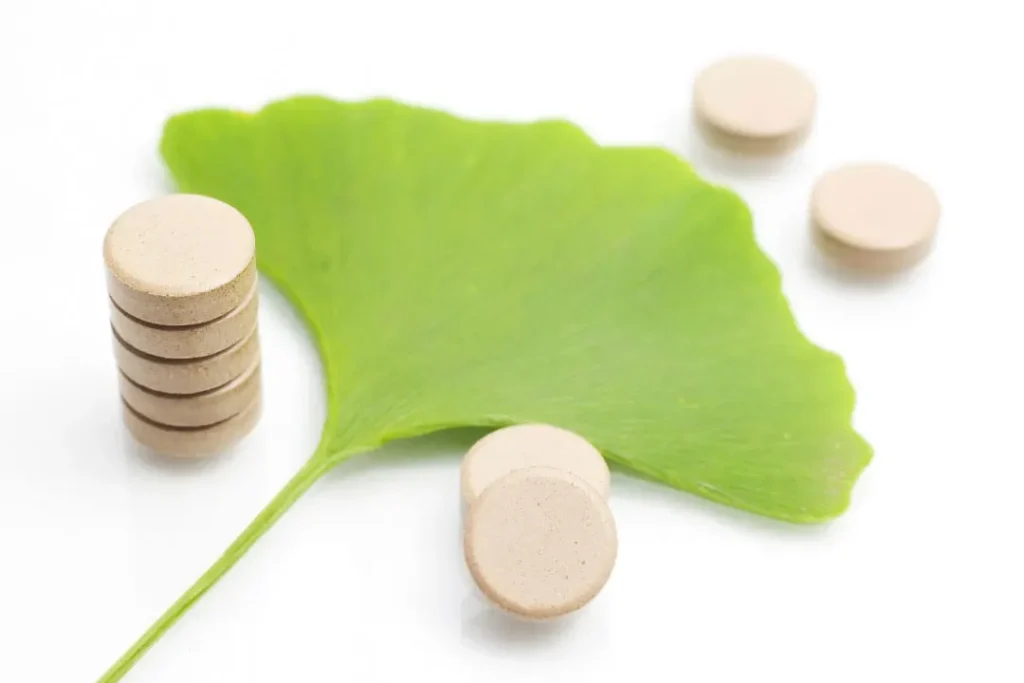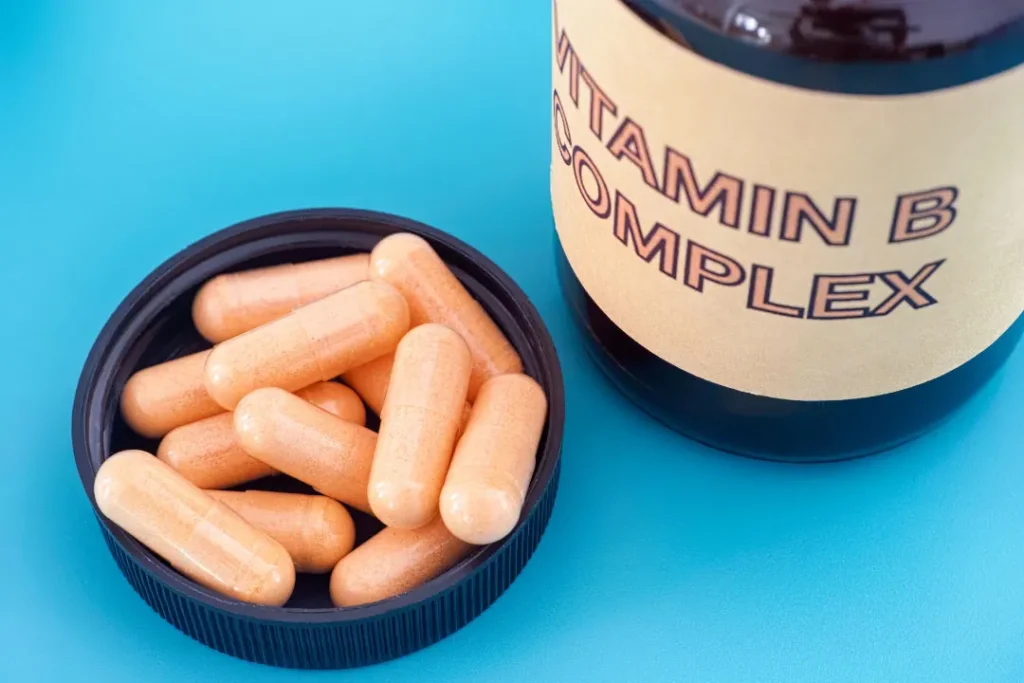Nootropics are natural or synthetic substances that enhance cognitive function, increase energy, and boost mood. A nootropic stack is a combination of two or more nootropic substances taken to enhance their individual effects. We’ll examine five great supplement ingredients to include in your nootropic stack and tell you where to find them.
Nootropics, sometimes referred to as “smart drugs” or “cognitive enhancers,” are compounds purported to stimulate cognitive function, memory, creativity, motivation, and overall brain performance. These substances can be natural or synthetic, such as caffeine, ginseng, omega-3 fatty acids, racetams, and others.
Many people use them as dietary supplements to improve their cognitive capabilities or to prevent mental deterioration. However, it’s important to note that not all nootropics have been intensely studied; their long-term impact on the brain and overall health remains largely unknown. One popular way to use nootropics is through a ‘nootropic stack,’ which is a combination of two or more nootropic substances taken together to enhance their effects on cognitive function. The idea behind a nootropic stack is that by combining different nootropics, users can achieve a synergistic effect that enhances their overall cognitive abilities beyond what would be possible with a single substance alone.
You May Also Like:
5 Great Nootropic Herbs for Energy, Focus, and Productivity
The Best Nootropics for Learning and Memory: 5 Top Brands Reviewed
Being creative with your nootropic stack
There are many different nootropic stacks, each with its own unique combination of substances and dosages. One popular example is the racetam stack, which combines various racetam compounds such as piracetam and aniracetam. Another effective stack is the “caffeine and L-theanine stack,” which provides a balanced energy and focus boost without the jitters commonly associated with caffeine alone. That said, the effectiveness of a nootropic stack can vary depending on the individual and their unique brain chemistry.
Try omega-3 fatty acids in your nootropic stack
Studies have shown that omega-3 fatty acids can be beneficial to maintaining brain health and potentially guard against brain aging. Fish and fish oil are both rich sources of this polyunsaturated fat, which our bodies use to build membranes around cells, including neurons. Omega-3s also play a role in repairing and renewing brain cells.
While a 2015 review suggested that omega-3s could have potential benefits in protecting against age-related brain decline, a large analysis concluded that there was no evidence for improved cognitive performance in healthy older people with omega-3 supplementation. Nevertheless, omega-3 supplements remain a popular dietary supplement and come in various forms, such as fish oil, krill oil, and algal oil.


Phosphatidylserine alone or in a nootropic stack
Phosphatidylserine (PS) is a phospholipid molecule composed of a glycerol backbone, two fatty acid chains, and other components. It is found in cell membranes, particularly those in the brain, and has an important function in maintaining the structure and operation of nerves. PS also plays a role in producing neurotransmitters, which are necessary for communication between nerve cells.
Several studies have demonstrated that supplementing with phosphatidylserine may have multiple health advantages, especially regarding cognitive capabilities. For example, evidence suggests that taking PS can enhance memory and focus in healthy adults and may also benefit individuals with symptoms of mental deterioration or dementia. PS can be acquired through certain food sources such as organ meats, fish, and dairy products, or it is available in the form of capsules or powder supplements.
One such supplement is myPEAK® Wellness, which contains components such as resveratrol, alpha-glyceryl phosphocholine, astaxanthin, Bacopa monnieri, zinc, vitamin D3, berberine, vitamin A, vitamin C, B-complex, chromium, as well as serine, among other constituents.


Caffeine and L-theanine nootropic stack
There are a number of small studies that have evaluated the optimal ratio of caffeine to L-theanine in a nootropic stack, with some suggesting a ratio of 1:2 (caffeine to L-theanine) as ideal. One particular study investigated the effects of 50 mg caffeine alone and a combination of 50 mg caffeine and 100 mg L-theanine on cognition and mood in healthy participants. The study involved 27 randomized individuals who received each treatment with a 7-day washout period between them.
Cognitive performance and mood levels were evaluated before the trials and 60 minutes and 90 minutes after the treatment. The results revealed the combination of caffeine and L-theanine was associated with increased speed and accuracy on the attention-switching task at 60 minutes and reduced susceptibility to distraction in a memory task at both time points. These findings support prior research indicating that combining L-theanine with caffeine may enhance performance on cognitively demanding tasks.


Ginkgo biloba combination – a multicomponent nootropic stack
In addition to enhancing focus, learning, memory, and cognitive performance, a stack of Ginkgo biloba, Bacopa monnieri, and Lion’s Mane may also reduce anxiety. An estimated grace period of 12 weeks is recommended for a stack to work to its fullest potential.
If you don’t see results after 12 weeks, you can adjust the dosages in small increments. When experimenting with a nootropic stack, it is important to be patient and not expect immediate results, as it may simply be a matter of trial and error.


A choice supplier of multicomponent engaging science-backed products
myPEAK® is a premier health supplement company focused on supporting mind and body health with a variety of science-backed, targeted products. The standout company was co-founded by Dr. Bhargav Patel and Dr. Urja Shah; it was Bhargav’s uncle who sparked his interest in health and nutrition when he was just 16 years old.
This fascination with optimum well-being only grew stronger when the pandemic hit in 2020, and the business began to develop into a successful and popular enterprise. myPEAK products are available on their brand website as well as on Amazon.com.
One of the company’s most popular products is a caffeine-free product called Brilliance, which is a balanced cognitive support supplement containing TeaCrine, Theacrine, Theanine, Ginkgo, B-complex, and Rhodiola rosea. myPEAK also offers PeakBiotic, Wellness, and DeltaSleep, each containing its own blend of nootropics formulated by physicians.


From relief to focus:
There is a nootropic stack for you
From prescription medication to natural or synthetic substances, nootropic compounds and stacks aim to help enhance mental performance. Physicians have suggested or prescribed nootropic compounds for a variety of mental disorders, including but not limited to ADHD, narcolepsy, and dementia.
The general observations of many who have taken these particular substances, whether alone or in combination with other natural or synthetic products, have reported enhanced energy, improved focus, and a general sense of well-being that exceeded their expectations. In addition, nootropics have been known to help improve alertness, exercise, and even sleeping patterns.
Many naturally occurring nootropics have their beginnings in China, such as Ginkgo biloba, Panax ginseng, and Rhodiola rosea; centuries of observations and testimonials attest to the efficacy of these supplements. Moreover, the evidence strongly suggests that these nootropic stacks and similar supplements are generally safe and may even mitigate certain neurological disorders.
Further Reading:
Wholistic Research: The History of Nootropics: How Nootropics Evolved
Scholarly Community Encyclopedia: Nootropics
PubMed: Cognitive enhancers (nootropics). Part 1: drugs interacting with receptors
Frontiers in Psychiatry: Pharmacological Human Enhancement: An Overview of the Looming Bioethical and Regulatory Challenges
Important Note: The information contained in this article is for general informational purposes only, and should not be construed as health or medical advice, nor is it intended to diagnose, prevent, treat, or cure any disease or health condition. Before embarking on any diet, fitness regimen, or program of nutritional supplementation, it is advisable to consult your healthcare professional in order to determine its safety and probable efficacy in terms of your individual state of health.
Regarding Nutritional Supplements Or Other Non-Prescription Health Products: If any nutritional supplements or other non-prescription health products are mentioned in the foregoing article, any claims or statements made about them have not been evaluated by the U.S. Food and Drug Administration, and such nutritional supplements or other health products are not intended to diagnose, treat, cure, or prevent any disease.
